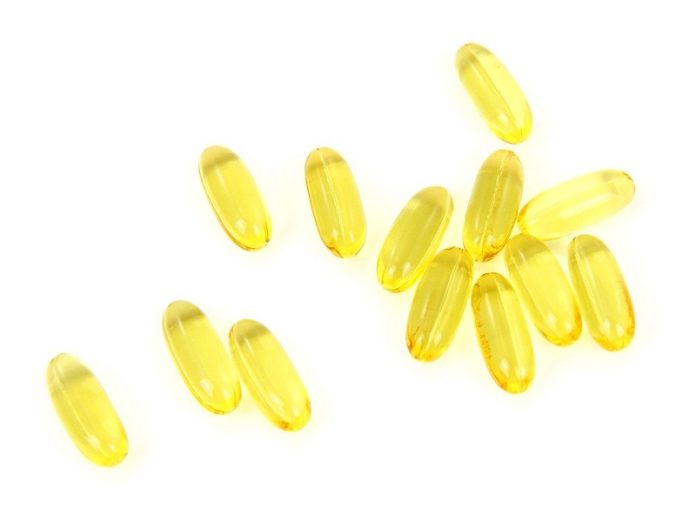
Scientists from Finnish, Australia, and the U.S. found that vitamin D supplementation may alleviate depressive symptoms in adults with depression.
Depression (also called a major depressive disorder or clinical depression) is a common but serious mood disorder.
It causes severe symptoms that affect how you feel, think, and handle daily activities, such as sleeping, eating, or working.
Major depression includes symptoms of depression most of the time for at least 2 weeks that typically interfere with one’s ability to work, sleep, study, and eat.
Depression is one of the most common mental disorders in the U.S. Research suggests that genetic, biological, environmental, and psychological factors play a role in depression.
Depression can happen at any age but often begins in adulthood.
Depression is now recognized as occurring in children and adolescents, although it sometimes presents with more prominent irritability than low mood.
Many chronic mood and anxiety disorders in adults begin as high levels of anxiety in children.
Vitamin D is a nutrient you need for good health. It helps your body absorb calcium, one of the main building blocks for strong bones.
Together with calcium, vitamin D helps protect you from developing osteoporosis, a disease that thins and weakens the bones and makes them more likely to break.
Your body needs vitamin D for other functions too. Your muscles need it to move, and your nerves need it to carry messages between your brain and your body.
Your immune system needs vitamin D to fight off invading bacteria and viruses.
Previous reviews examining the effect of vitamin D on depression have got inconsistent findings.
In the current study, researchers examined the effects of vitamin D in reducing depressive symptoms among adults.
They reviewed research papers about vitamin D and depression in depressive patients. More than 50,000 people’s data were included.
The team found vitamin D supplementation was linked to fewer depressive symptoms.
Specifically, vitamin D supplementation ≥ 2,000 IU/day appears to reduce depressive symptoms.
The findings are in line with other research showing that low vitamin D levels are linked to depression and that taking vitamin D supplements may help improve depression symptoms in people with low vitamin D levels.
The researchers say that future research should examine the possible benefits of adding vitamin D to standard treatments for depression.
The research was published in Critical Reviews in Food Science and Nutrition and conducted by Tuomas Mikola et al.
Copyright © 2022 Scientific Diet. All rights reserved.








